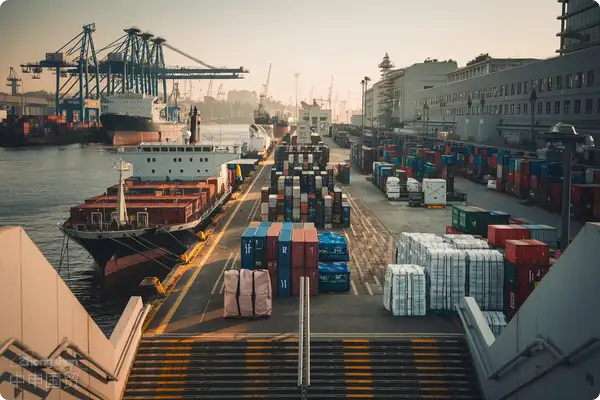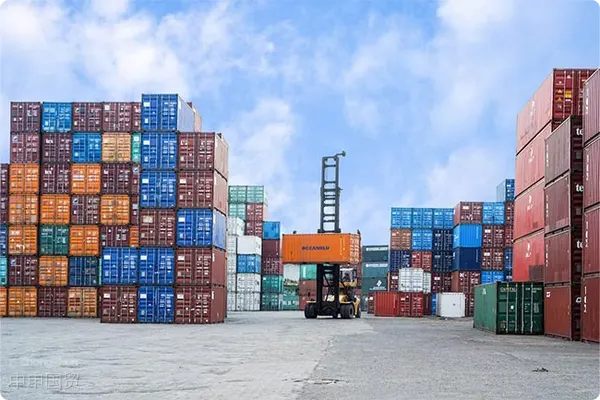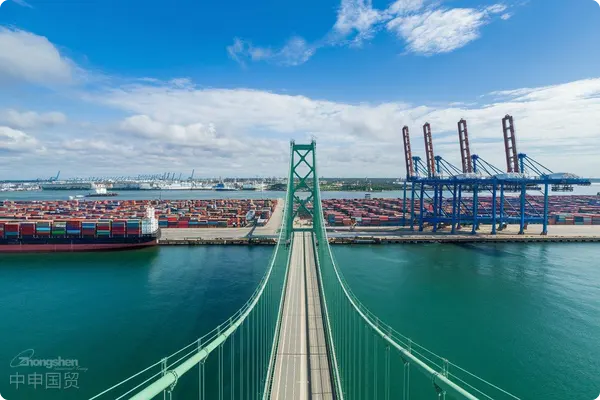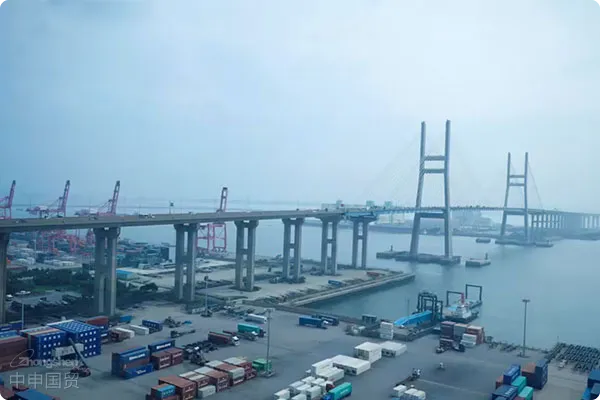- Shanghai Zhongshen International Trade Co., Ltd. - Two decades of trade agency expertise.
- Service Hotline: 139 1787 2118
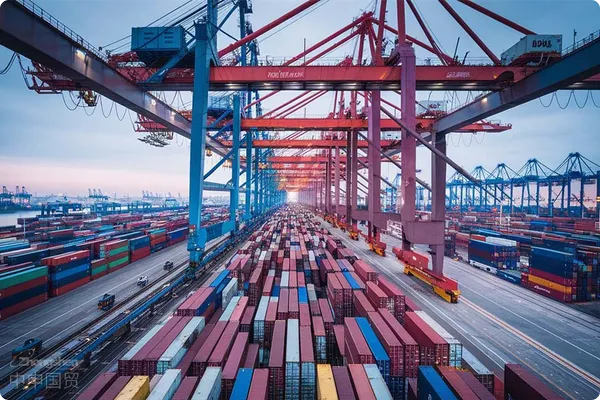
In international trade, agencyExport DrawbackServices provide convenience for numerous enterprises, but the fee standards are a key focus for businesses. Reasonable export tax rebate agency fee standards not only affect a companys cost expenditures but also relate to the healthy development of the agency service market. Understanding their composition, influencing factors, and how to choose cost-effective agency services is crucial for enterprises.
I. Composition of Export Tax Rebate Agency Fee Standards
Basic service fees
This is the basic component of export tax rebate agency fees. Agencies charge certain fees based on the basic services provided, such asExport Clearancedocument processing, review and organization of tax rebate documents, and other tasks. The level of basic service fees may depend on the scale of a companys export business. Typically, companies with larger business volumes may have certain bargaining advantages regarding basic service fees. For example, for large enterprises with substantial annual export volumes, agencies may offer a certain percentage of discount, as large-scale operations can reduce the agencys unit operating costs to some extent.
Percentage Fee Based on Tax Rebate Amount
Many agencies charge fees based on a certain percentage of the tax rebate amount. This fee is directly related to the final tax rebate a company can obtain. Generally, this percentage may fluctuate within a certain range, such as 1% – 5%. For companies with higher tax rebate amounts, the percentage-based fee will also be higher. This is because agencies often need to invest more manpower and resources in complex tax rebate processes, including communication and coordination with customs and tax authorities, to help companies obtain higher rebates.
Additional Service Fees
In addition to basic services and percentage-based fees, additional service fees may apply if a company requires special services from the agency. For example, when a company faces special customs supervision requirements or needs expedited tax rebate processing, the agency must allocate more resources to meet these demands. Expedited processing may require priority handling of documents and urgent communication with various departments, increasing the agencys operating costs and thus incurring additional fees.
II. Factors Influencing Export Tax Rebate Agency Fee Standards
Company Size and Business Complexity
The size of a company significantly impacts export tax rebate agency fee standards. Large enterprises with stable and substantial export volumes often have stronger bargaining power when working with agencies. Small businesses, due to limited operations, may face higher unit agency costs and thus lack advantages in fee standards. Additionally, business complexity is crucial. If a company exports products from special industries, such as chemicals or pharmaceuticals, which face stricter regulatory requirements and complex customs and tax rebate processes, agencies must invest more expertise and effort, leading to higher fee standards.
Regional Differences
Differences in regional economic development levels, labor costs, and market competition can affect export tax rebate agency fee standards. In economically developed areas, such as major coastal cities, higher labor and office costs increase agencies operating expenses, potentially leading to higher fee standards. In less developed regions, while fees may be lower, agencies service levels and resource integration capabilities may also be limited.
Enterprise Scale and Business Volume
The level of competition in the export tax rebate agency service market significantly impacts fee standards. In highly competitive markets, agencies may lower fees or offer more value-added services to attract clients. For example, new market entrants might offer lower basic service fees to build reputation and market share. In less competitive regions or sectors, agencies may maintain higher fee standards.
III. How to Choose the Right Export Tax Rebate Agency and Fee Standards
Evaluate your own needs
Companies must first clarify their needs, including export volume, product type, and urgency of tax rebates. If a companys export operations are simple and there are no special requirements for rebate timing, they may opt for agencies with lower fees and good basic services. However, if the business is complex, involves large rebate amounts, and requires high timeliness, companies should seek agencies with expertise in handling complex operations and expedited services, even if fees are slightly higher.
Compare multiple agencies
Companies should compare multiple agencies. Comparisons should include not only fee standards but also service quality, reputation, and professional capabilities. Information can be gathered through industry peers or client reviews. For example, an agency with a strong industry reputation, experience serving large enterprises, and no history of rebate errors may be a trustworthy choice, even if its fees are not the lowest.
Negotiation and Customized Services
Before finalizing an agency, companies can negotiate to customize services and fee standards based on their business needs. For companies with long-term collaboration potential, agencies may offer preferential terms, such as lower percentage fees or additional free services.
Conclusion
Export tax rebate agency fee standards result from multiple factors. When choosing an agency, companies must comprehensively consider fee composition, influencing factors, and their actual needs. By comparing and negotiating, companies can select the most cost-effective agency, effectively controlling costs while ensuring smooth export tax rebate processes, thereby gaining a competitive edge in international trade.
Related Recommendations
? 2025. All Rights Reserved. 滬ICP備2023007705號(hào)-2  PSB Record: Shanghai No.31011502009912
PSB Record: Shanghai No.31011502009912
